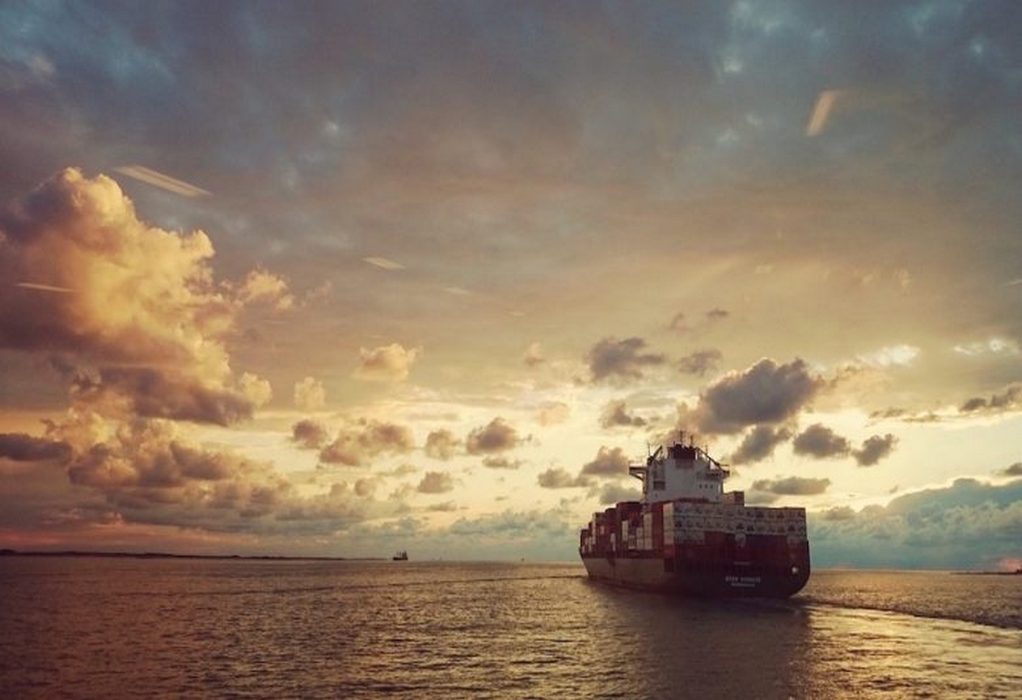A new action plan, launched at the COP27 climate conference in Egypt by United Nations organisations, shipowners and unions, sets out recommendations to upskill seafarers to meet shipping’s decarbonisation goals. The plan is in response to findings from new research, the modelling of which cautions that as many as 800,000 seafarers will require additional training by the mid-2030s. The research comes at a time where many seafarers are concerned about safety aspects of potential future fuels such as ammonia.
Findings also suggest that a lack of certainty on alternative fuel options is having knock-on effects for seafarer training, as the global maritime community works towards a clearer decarbonisation pathway in a post-fossil fuel era.
The research was conducted by DNV and commissioned by the Maritime Just Transition Task Force, an organisation established at COP26 in Glasgow last year.


Recent Posts
Ammonia
Azane Unveils New Subsidiary to Drive Ammonia Bunkering Development Oslo, Norway
Fuels Heavy oils
Public sector carbon emissions fall to 3.7 mn tonnes in Singapore
Fuels Heavy oils
UltraTech Cement targets to achieve 85% green energy
Fuels LNG
JCB unveils hydrogen combustion technology